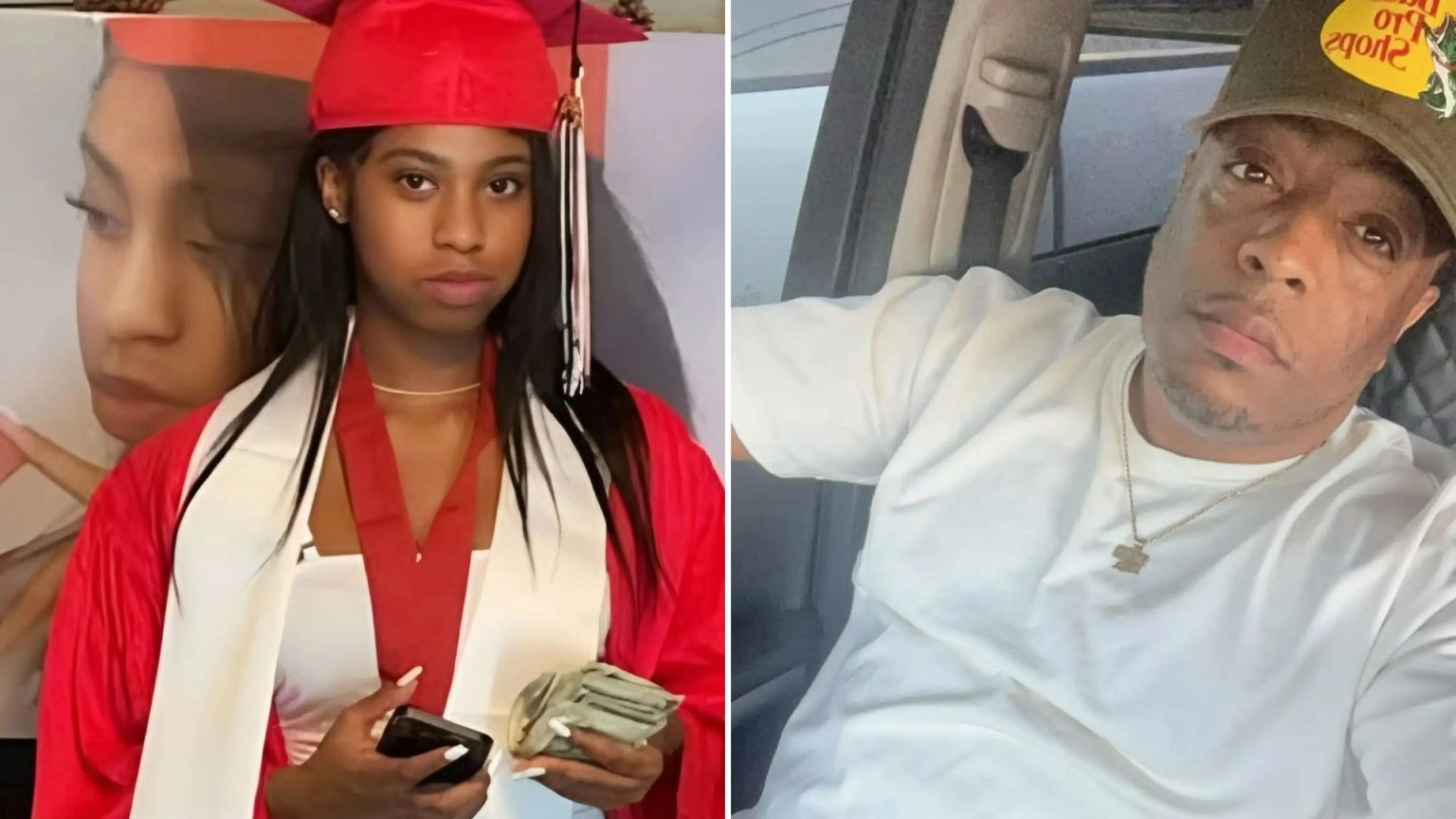The New Year’s Day attack in New Orleans claimed the lives of at least 15 individuals, leaving a trail of devastation and grief in its wake. Among the victims were an 18-year-old aspiring nurse, Nikyra Dedeaux, and a 37-year-old father of two, Reggie Hunter. Dedeaux, described as a responsible and caring young woman, was working at a hospital while preparing to embark on her college journey to pursue her dream of becoming a registered nurse. Hunter, a vibrant and family-oriented man, had just left work to celebrate New Year’s Eve with his cousin when the horrific incident occurred. His cousin sustained severe internal injuries and remains hospitalized. The sudden and tragic loss of these individuals, along with other victims, has left their families and communities reeling in shock and sorrow.
The suspect in the attack, identified as 42-year-old US Army veteran Shamsud-Din Bahar Jabbar, reportedly drove a pickup truck down Bourbon Street at a high speed, intentionally targeting pedestrians. Police later discovered an ISIS flag in the truck and are currently searching for any potential associates who may have been involved in the attack. Pipe bombs, wired for remote detonation, were also found inside the vehicle, along with a remote control and additional explosives. The FBI is investigating the incident as an act of terrorism and is examining Jabbar’s affiliations and associations. Jabbar’s brother attributes the attack to “radicalization” rather than religion, stating that his brother’s actions do not represent Islam.
The tragic incident unfolded as Jabbar allegedly drove onto a sidewalk to circumvent a police barricade, striking numerous individuals in the process. Police Superintendent Anne Kirkpatrick confirmed that the suspect was driving at a high speed and deliberately aimed to hit as many people as possible. The death toll, initially reported as 10, rose to 15 after an update from the New Orleans Coroner. The attack has left a deep scar on the city, shattering the festive atmosphere of New Year’s celebrations and leaving a community grappling with unimaginable loss.
The attack in New Orleans was followed by another disturbing incident in Las Vegas, where a suspected bomber detonated a Tesla Cybertruck in front of the Trump International Hotel. The explosion, which occurred just before 9 a.m. on New Year’s Day, sent debris flying and shattered glass across the hotel entrance, injuring seven people. Inside the truck, investigators found fireworks, gas tanks, and camping fuel connected to a detonation system, according to reports. The suspect in the Las Vegas bombing has been identified as US Army veteran Matthew Livelsberger, who reportedly served at the same army base as Jabbar. While investigators are exploring a potential connection between the two suspects, no official link has been confirmed.
Among the other victims of the New Orleans attack were Martin “Tiger” Bech, a 27-year-old former Princeton University football player who was working as an investment trader; Nicole Perez, a single mother dedicated to providing for her four-year-old son; Hubert Gauthreaux, 21; and Kareem Badawi, a recent graduate of the Episcopal School of Baton Rouge. Each victim leaves behind a unique story of promise, ambition, and love, tragically cut short by the senseless violence. Their families, friends, and communities are left to mourn the loss of these vibrant individuals, grappling with the profound impact of their sudden absence.
The combined tragedies in New Orleans and Las Vegas have cast a pall over the start of the new year, highlighting the ongoing threat of violence and the devastating consequences it inflicts on individuals, families, and communities. The investigations into both incidents continue as authorities strive to uncover the full extent of the suspects’ motivations and any potential connections between them. In the wake of these tragedies, the nation mourns the loss of innocent lives and grapples with the complex challenges of preventing future acts of violence.











